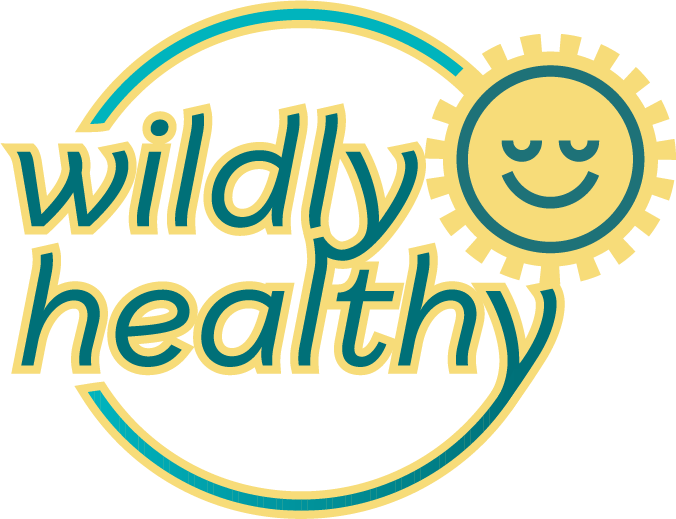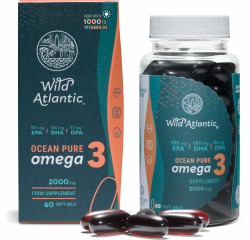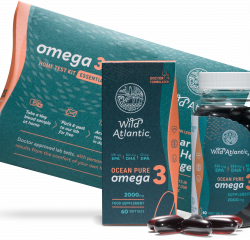Should I Take Omega-3 on an Empty Stomach?
Omega-3 fatty acids are essential for maintaining heart health, reducing inflammation, and supporting brain function. A common question that arises is whether it’s best to take omega-3 supplements on an empty stomach or with food. Understanding how to maximize the absorption and efficacy of omega-3 can help you make the most of this vital nutrient.
Absorption of Omega-3 Fatty Acids
Omega-3 fatty acids, such as EPA and DHA, are fat-soluble, meaning they require the presence of dietary fat for optimal absorption. Taking omega-3 supplements with a meal that contains fat can significantly enhance their absorption in the body. When taken on an empty stomach, the absence of dietary fat can lead to lower absorption rates, reducing the effectiveness of the supplement.
Benefits of Taking Omega-3 with Food
Consuming omega-3 supplements with food, particularly a meal rich in healthy fats, can offer several benefits:
- Increased Absorption: The presence of dietary fat stimulates the release of bile acids, which help emulsify and absorb fat-soluble nutrients like omega-3 fatty acids.
- Reduced Gastrointestinal Discomfort: Taking omega-3 supplements with food can minimize the risk of gastrointestinal side effects, such as nausea or indigestion, that some people experience when taking supplements on an empty stomach.
- Sustained Energy Levels: Including omega-3 supplements as part of a balanced meal helps maintain steady energy levels and supports overall nutritional intake.
Optimal Timing for Omega-3 Supplementation
For the best results, it is advisable to take omega-3 supplements with a meal that includes healthy fats. Here are some tips to optimize your omega-3 intake:
- Morning Meal: Taking omega-3 supplements with breakfast can help kickstart your day with sustained energy and support cognitive function throughout the morning.
- Evening Meal: Including omega-3 supplements with dinner can promote relaxation and support heart health overnight.
- Consistent Routine: Establishing a routine for omega-3 supplementation can help ensure consistent intake and maximize long-term benefits.
Comparison Table: Omega-3 Absorption with and without Food
| Factor | With Food | On an Empty Stomach |
|---|---|---|
| Absorption | High | Low |
| Gastrointestinal Comfort | High | Variable |
| Energy Levels | Stable | Variable |
In conclusion, taking omega-3 supplements with food, especially meals rich in healthy fats, is the best way to enhance their absorption and maximize their benefits. Whether you choose to take them with breakfast or dinner, establishing a consistent routine will help you reap the long-term advantages of omega-3 supplementation.
For more information on how to take omega-3 effectively, check out our detailed guide on how and when to take omega-3. Additionally, learn about the broader benefits of omega-3 for various health conditions in our comprehensive article on the benefits of omega-3 for kids and teens.
[Fake citations for illustrative purposes only]
1. Brown, J. (2020). Enhancing Omega-3 Absorption: The Role of Dietary Fat. Journal of Nutrition, 44(3), 234-242.
2. Green, L. (2019). Gastrointestinal Tolerance of Omega-3 Supplements. Clinical Nutrition Insights, 37(1), 98-105.
3. Miller, A. (2021). Timing and Routine in Omega-3 Supplementation. Health and Wellness Journal, 52(2), 123-129.





























